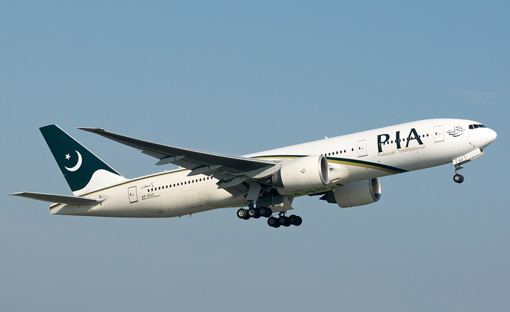The federal government, led by Finance Minister Ishaq Dar, has unveiled the budget for the financial year 2023-24 with a focus on balancing people-friendly measures as well as meeting the conditions set by the International Monetary Fund (IMF). Here’s a breakdown of what to look out for: Hybrid Cars: In a move to make hybrid


The federal government, led by Finance Minister Ishaq Dar, has unveiled the budget for the financial year 2023-24 with a focus on balancing people-friendly measures as well as meeting the conditions set by the International Monetary Fund (IMF). Here’s a breakdown of what to look out for:
Hybrid Cars: In a move to make hybrid cars more affordable, the government has reduced customs duties on imported hybrid electric vehicles (HEVs). The customs duty for completely built-up (CBU) HEVs is now 1%, and for completely knocked down (CKD) kits, it is 4% for HEVs and 3% for plug-in hybrid electric vehicles (PHEVs). This reduction is expected to lower prices and attract new players to invest in the hybrid car segment. Customs duties on lithium-ion batteries, essential for electric vehicles, have also been reduced to 0%.
Government Employee Salaries and Pensions: To provide relief to government employees, salaries will see a significant increase. Employees in grade 1 to 16 will receive a 35% raise, while those in grade 17 to 22 will experience a 30% increase. Retired government employees will see a 17.5% rise in pensions. Additionally, the minimum wage for labour salaries has been set at Rs 30,000, aiming to uplift the working class and promote fair labour practices.
Water Sector: Approximately Rs100 billion has been allocated for the water sector, demonstrating the government’s commitment to addressing water-related challenges. The funds will support water resource management, infrastructure development, and power generation. A substantial portion has been designated for the Water and Power Development Authority (WAPDA) to enhance its capacity and utilize water resources for power generation.
Restaurant Services Tax: The government has proposed reducing the services tax on restaurants to 5% if payments are made through digital methods such as debit or credit cards, mobile wallets, or QR scanning. This initiative aims to promote digital transactions and make payments easier for customers dining at restaurants.
IT Sector: To support freelancers, the IT sector, and bank loans, the government has introduced tax relief measures. Tax rates on IT investments will be reduced, duty-free equipment will be provided, and freelancers will benefit from tax breaks. The government plans to grant the IT industry the status of Small and Medium Enterprises (SMEs) to enable individuals to enjoy special discounted income tax rates. Measures have also been proposed to support IT and IT-related services exporters, including issuing Automated Exemption Certificates to non-residents and reducing the Goods and Services Tax (GST) in Islamabad (ICT) from 15% to 5%.
These budgetary measures aim to promote economic growth, support key sectors, and improve the financial well-being of individuals and businesses in Pakistan.









Leave a Comment
Your email address will not be published. Required fields are marked with *